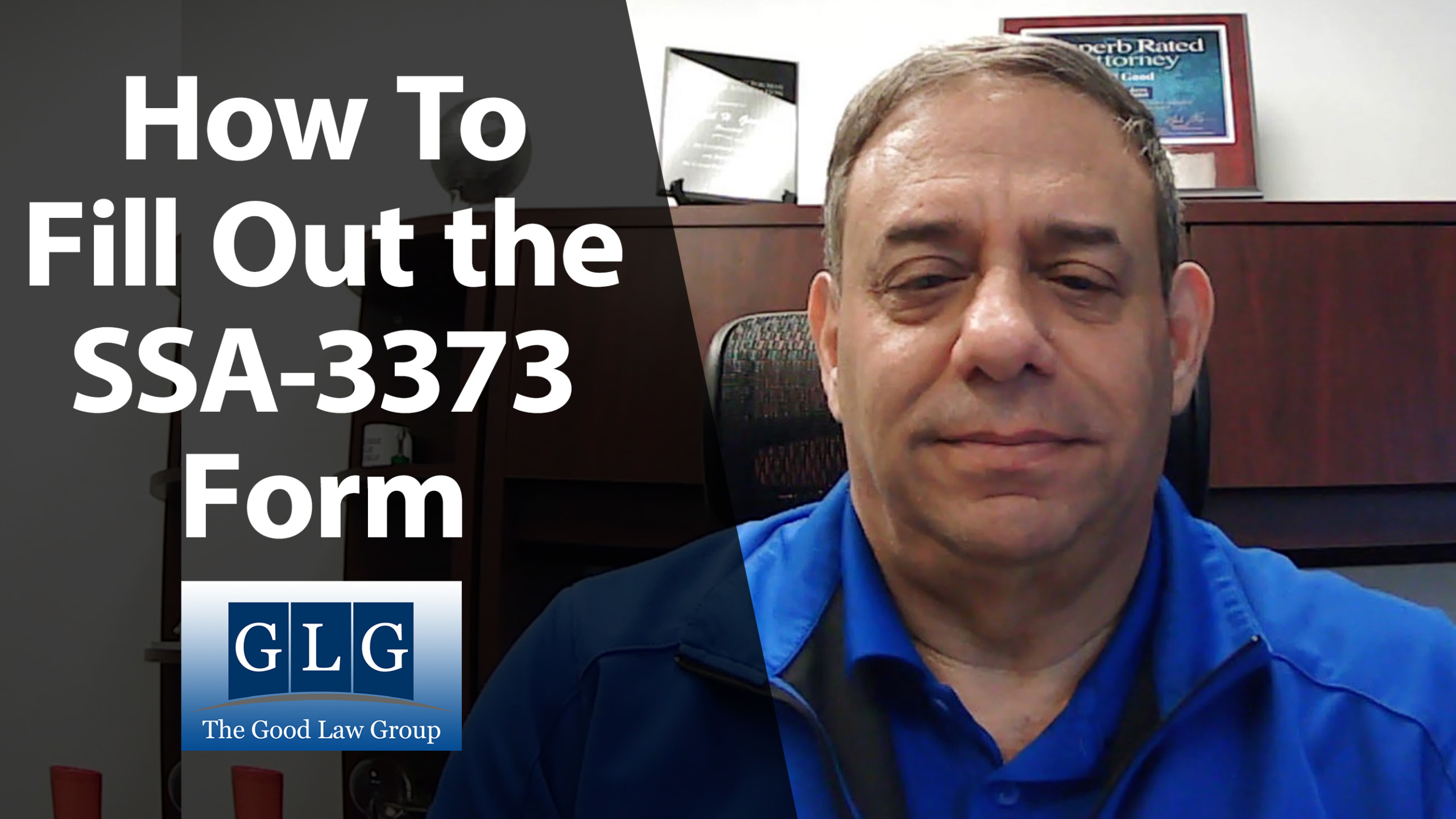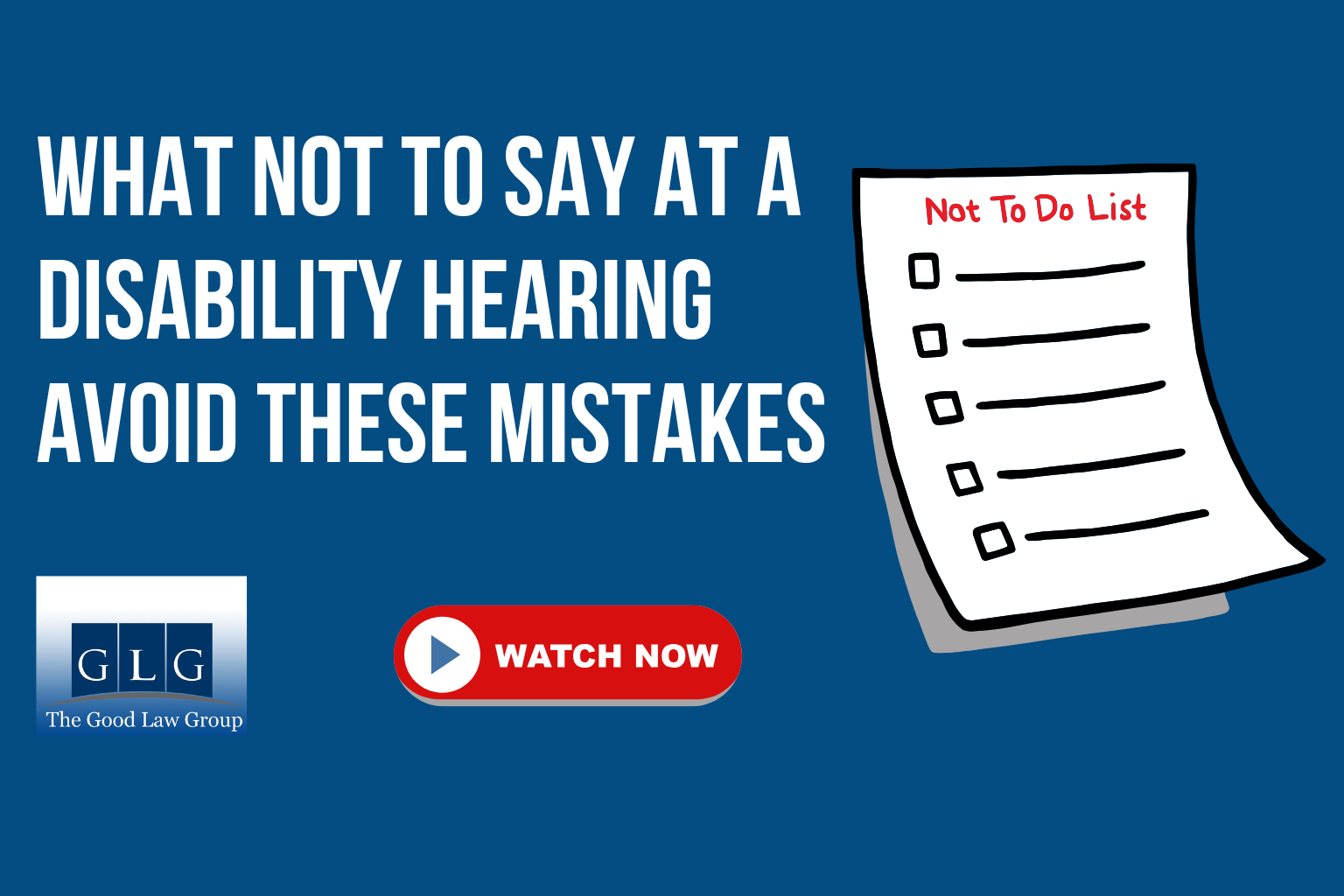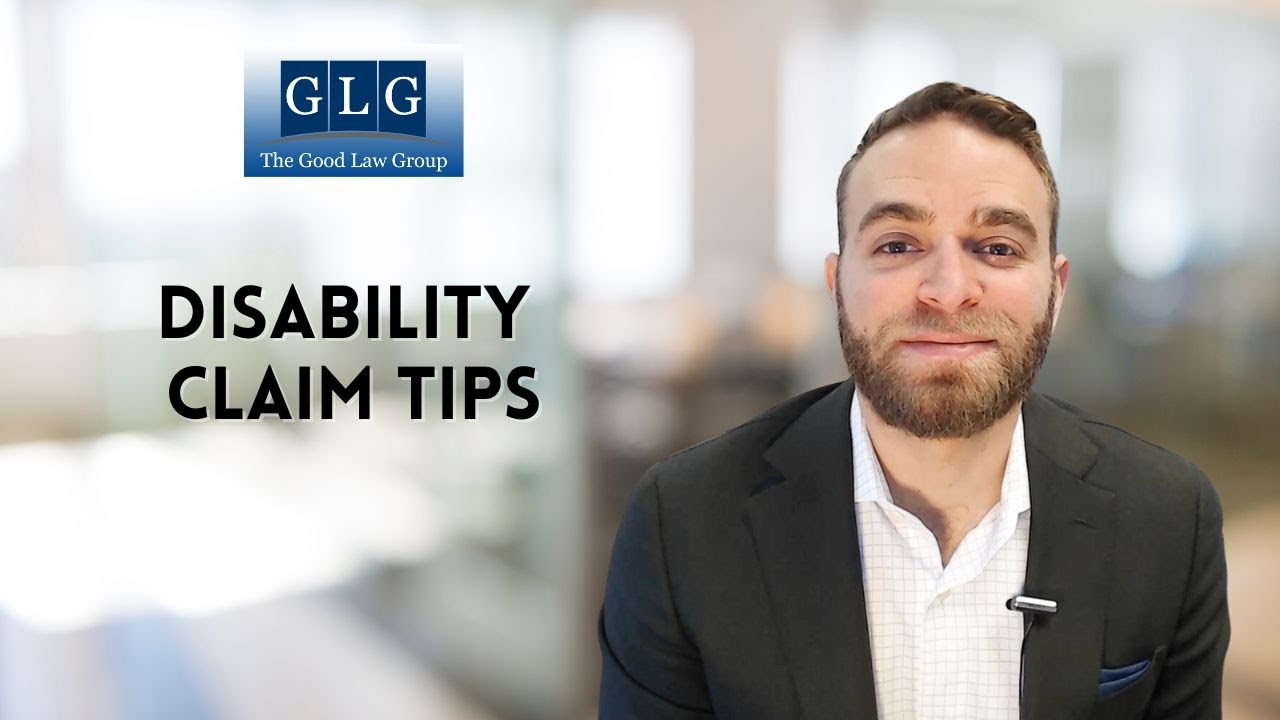Navigating the world of Social Security disability and Supplemental Security Income can be overwhelming, especially if you’re not familiar with the rules and regulations set forth by the Social Security Administration. One question often arises is why it’s easier to win a Social Security disability and Supplemental Security Income case when you’re over 50 years old.

First and foremost, it’s important to understand that the definition of disability is different for everybody. It is a moving target that is significantly dependent upon your age and your work history. When an individual is over 50 years old, the Social Security Administration will lean more heavily on the medical-vocational grids in determining if the individual is disabled under the rules and regulations set forth by Social Security.
So, what are the medical-vocational grids? Essentially, they are a set of rules that take into consideration your age, education level, work history, and any physical or mental limitations you may have. These rules are designed to help the Social Security Administration determine if you are able to work in any capacity and, if not, whether or not you meet the requirements for disability benefits.
When an individual is over 50 years old, the medical-vocational grids become more favorable for them. This is because the grids take into account that it may be more difficult for an individual in this age group to learn a new skill set or transition to a new job due to physical or mental limitations. Additionally, the grids may also take into consideration the fact that an individual in this age group may be less likely to find a job that accommodates their limitations.
It’s also worth noting that the Social Security Administration may be more inclined to approve a disability claim for someone over 50 because they are closer to retirement age. In these cases, the Social Security Administration may view disability benefits as a way to bridge the gap between retirement and the onset of a disability that prevents the individual from working.
If you or a loved one needs help with their Social Security disability or Supplemental Security Income case, it’s important to seek the assistance of an experienced attorney who can guide you through the process. They can help you navigate the complexities of the medical-vocational grids and ensure that your claim is presented in the best possible light.
If you have any questions, don’t hesitate to reach out to us at (847) 577-4476.









